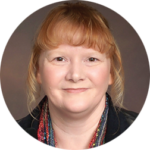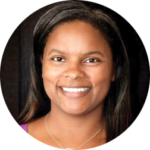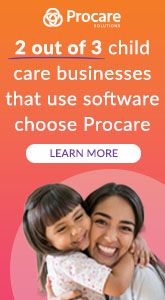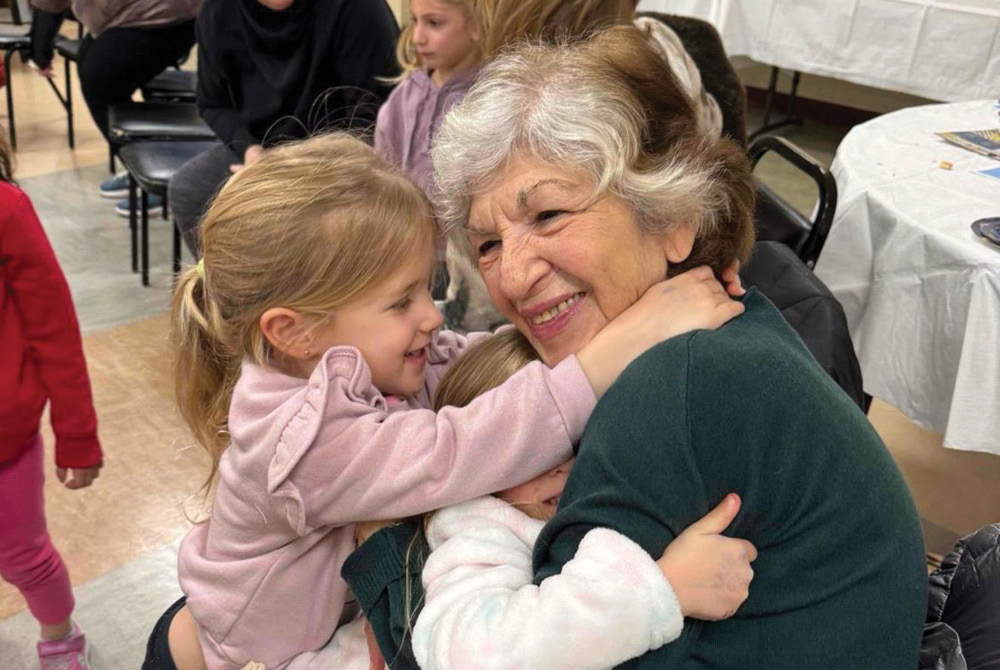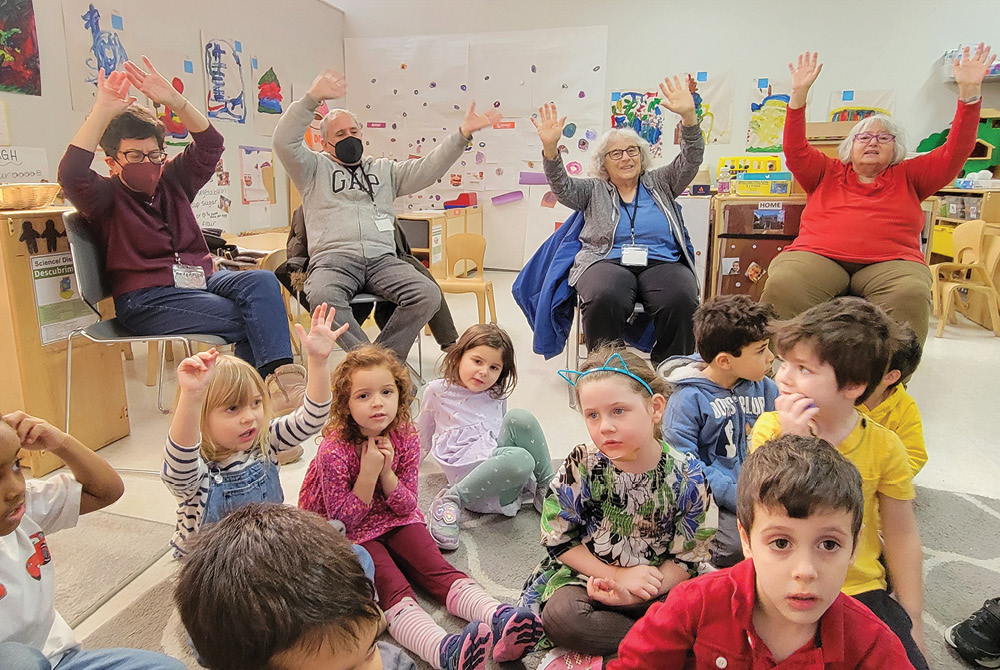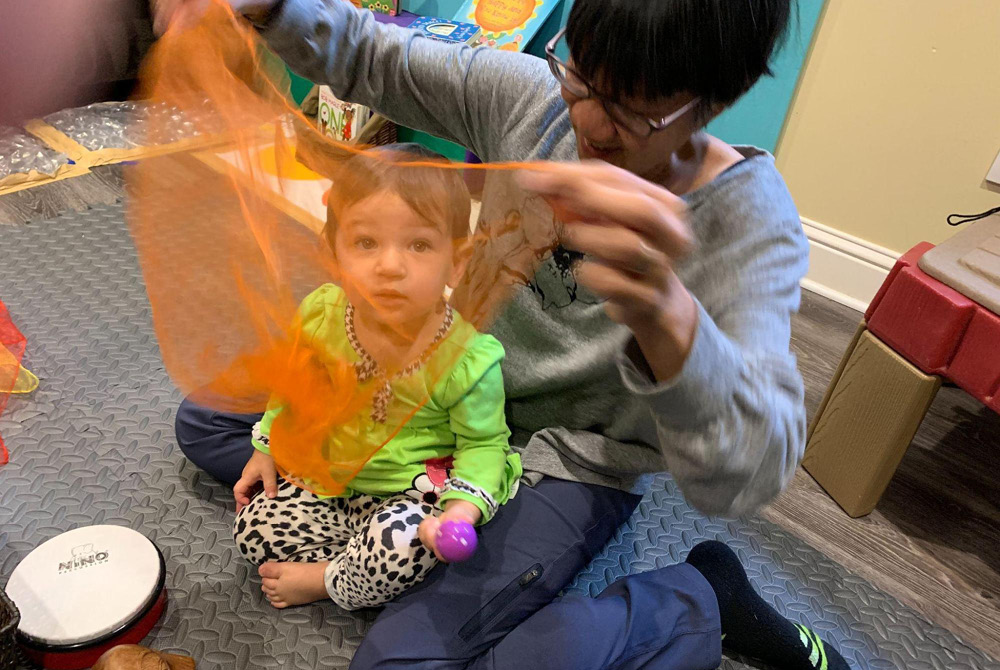As I stand inside my classroom door, waiting to send off well wishes to one of my pre-K students leaving for the day, I can hear the child’s mother telling this precocious 4-year-old girl, “If you don’t put your shoes on, you’re going to hurt your feet going to the car.” Then a pause, as the child flails about on the floor. The mother holds a shoe in one hand with her other hand on her hip, attempting to give her daughter a stern look, though falling short. The mother continues talking calmly to the child, who is now kicking her feet in the air, “Okay then, you’re just going to hurt your feet. Let’s go.”
I look bewildered at this mother, who then leads the child out the door to their car. My driveway is indeed problematic on the feet as it is made of gravel and rocks. I have not been able to afford concrete, so even I do not walk down the long drive to my mailbox without shoes. Otherwise, I would be cringing every step of the way, walking precariously, and would most likely stub a toe. But the little girl does not seem to mind the discomfort and is happy now, prancing in front of her mother, without a care in the world.
As an educator and mother, I think to myself, how did this new generation of parenting come about? When did parents start allowing children to make their own choices and face whatever natural consequence may follow? Why is this mother not asserting her authority by directing her daughter’s behavior?
As a graduate student, I voiced my questions to one of my university professors, Lisa Taylor-Cook. We had been brainstorming topics for my thesis and I had recently selected her to be the chair of my committee. I explained that in the past 20 years of operating a licensed child care home, I had witnessed a change in the way parents managed their child’s behavior. Parents were making decisions in the raising of their children that ultimately affected child behavior. These decisions were creating a teaching challenge for me within my family child care and impacting my relationships with parents. I told Taylor-Cook that for the first time in two decades, I was questioning my ability as a teacher to meet the developmental needs of children, and had concerns that I would be able to maintain healthy relationships with parents whose beliefs and practices had transformed so much from those of previous years.
From my uncertainty as an early childhood educator in being able to understand the way that parents think and act in today’s culture, the focus of my thesis evolved into understanding how individual beliefs were formed. I used the ecological framework for human development proposed by Urie Bronfenbrenner to explain human development in context of how individuals progress and change over time based on their individual experiences within their environment (Bronfenbrenner & Morris, 1998). Bronfenbrenner’s and Morris’s (1998; 2006) research suggests that since the environment is ever-changing, so is a person’s behavior, based on their individual perceptions and subsequent adjustments to various situations that occur in their life.
Using Bronfenbrenner’s framework, I explored two research questions: (1) What influences the formation of parents’ beliefs regarding parenting practices, and (2) What, if anything, influences parents to change parenting practices over time? I conducted a qualitative study and interviewed four parents of children that attended my family child care. During separate oral interviews, I asked them 14 open-ended questions about their childhood upbringing and adulthood experiences, including their current parenting practices. I then typed up their parental answers, reviewed them, and grouped them into categories.
I found that two central themes from the results emerged. These themes were: (1) the significance of parents’ own childhood experiences in shaping the decisions they made first as adults and later as parents in raising children; and (2) the impact of knowledge the parents gained about children through personal experiences as a youth and parent that influenced and caused changes to their parenting practices in the home.
Each parent in my study exhibited a unique parenting response specific to their individual background and experience. In answer to my first research question, I found that the parents’ beliefs were formed at an early age, originating from their interactions with close family relations, including parents, stepparents, and siblings. These interactions with family members prompted the parents to discover what they liked or did not like about how they were raised, and formed the basis for their decisions as adults and as parents in the raising of their own children. Moreover, these interactions influenced the parents’ choices on the number of children to have and their future careers. This demonstrated to me the importance of understanding a parent’s background and experiences for its impact on future behavior in raising children.
In answer to my second research question, I discovered that, as the parents continued to evolve and engage in new experiences, their practices were influenced by their ongoing knowledge of children and interactions with others. This evolution of knowledge generated new inferences or deductions about parenting, and allowed for the parents to make changes to their practices during the raising of their own children. This signifies that a parent’s practices are not static but ever-changing and unique to their individual situation.
ADVERTISEMENT
Putting It Into Practice
By answering my research questions, I realized that I needed to make adjustments within my family child care, in order to strengthen my relationships with parents in light of their changing beliefs and practices. I wanted to improve upon my communication skills with parents, so they felt more involved in their children’s lives and gained understanding as to how their goals and values affected whole child development. I also needed to promote a more beneficial learning environment for children, to better serve their developmental needs.
With these objectives in mind, I incorporated skills and activities into my educational program that would be most beneficial for each child, related to their individual familial situation. I also implemented several practices geared toward improving my relations with parents, which have proven highly successful:
1. Following the first communication with prospective parents, I invite parents to tour my family child care with their children, so I can get a sense of the quality of their parent-child relationship. This also presents me with the opportunity to ask parents about their values and goals for their children, as well as their individual background and upbringing.
2. At the time of enrollment, I exchange cell phone numbers with the parents and encourage them to contact me with any questions or concerns they may have about their child’s behavior or academic progress. I let parents know I have an open-door policy and welcome their participation in my educational program and feedback on their children’s progress at home.
3. On each child’s first day, I take a picture of the child engaged in a play activity and post it in a private Facebook group page that I have exclusively set up for the parents and close family members of my enrolled children. With the picture, I include a welcoming message to both the parents and child and post positive comments about the child, such as favorite toys or books they enjoy, as a way to introduce them to the rest of the members.
4. Each week, I make it a point to post daily pictures of the children involved in individual or small group activities. I also provide each parent with a yearly calendar of events and post announcements related to lesson plans and events, such as parties on Easter and Christmas that parents and extended family members are welcome to attend. This keeps the lines of communication open so parents can feel engaged with their children’s progress and encouraged to talk about daily activities with their children at home.
5. On Fridays, the children take home a packet that includes their completed lesson sheets and a reward chart showing stickers or happy faces they earned for their individual choices and participation in activities. I include positive notes of encouragement and collaborate with parents to set age-appropriate goals for their children related to their children’s individual needs.
What I Learned as an Educator
This research provided me with insight into how a person’s upbringing and personal experiences influence the decisions they make during parenting. As an early childhood educator, I learned that there is no one-size-fits-all approach to educating children and partnering with families. Educators must recognize that parents have individual values and goals for their children that may supersede the stereotypical image of a perfect child. Thus, as an educator, it is important to gain insight into the beliefs and practices of parents, to develop healthier and more meaningful relationships and design individualized curriculum plans to better meet the developing needs of the children in our care.
To continue to strengthen the parent-teacher relationship in educational settings, educators need to develop an understanding of how prevailing cultural and societal events may impact the decisions individuals make as parents. Educators need to be prepared to serve as a resource and mentor to individuals, as they navigate the challenges of parenthood.
References
Bronfenbrenner, U. and Morris, P.A. (1998). The Ecology of Developmental Processes. In W. Damon and R.M. Lerner (Eds.) Handbook of Child Psychology: Theoretical Models of Human Development. John Wiley & Sons Inc.
Bronfenbrenner, U. and Morris, P. (2006). The Bioecological Model of Human Development. In W. Damon and R.M. Lerner (Eds.) Handbook of Child Psychology: Theoretical Models of Human Development. John Wiley & Sons Inc.
Related
ADVERTISEMENT






